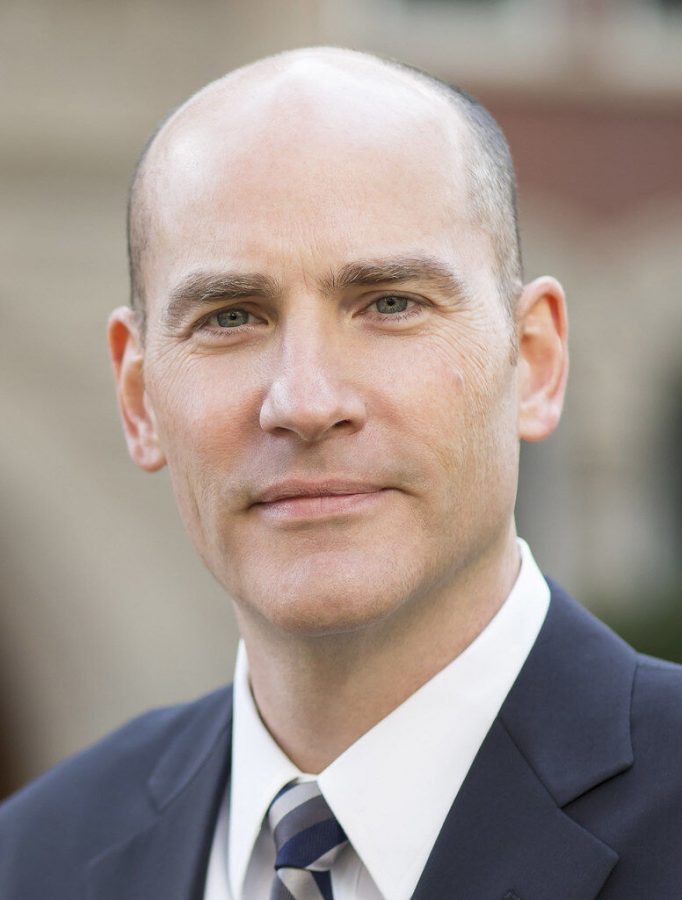Government should treat young adults consistently
February 15, 2016
It seems as though the U.S. government can’t seem to make up its mind as far as what constitutes an American adult.
In a Feb. 5 column titled “End conscription in the U.S.,” I wrote about the rights of young citizens breached by America’s enforced conscription. But honestly, the government has been inconsistent with the expectations of its young adults in other ways as well.
One well-known way is the drinking age being set at 21 rather than 18. This has been a contested issue for a while, with people citing the unfairness of the treatment of Americans who are considered adults able to make the decision to enlist in the military but not control themselves in the face of alcoholic beverages, for example.
Now this type of issue is rearing its ugly head again, as raising the legal age of smoking to 21 is being debated, and in fact has been enacted in parts of the U.S.
On Jan. 1, for instance, Hawaii raised the legal cigarette smoking age from the usual minimum of 18 years to 21. Although Hawaii is the first and only state to raise the legal age so high, certain states such as Alaska, Alabama and New Jersey have minimum smoking ages of 19 and a few American cities, like Cleveland and New York, have also decided to raise the age to 21.
This is rather nonsensical. No, I don’t support smoking. It causes cancer, breathing problems and can affect the health of the people close to the smoker as well.
However, I do support the rights of young U.S. citizens to buy a packet of cigarettes when they’re adults.
The problem with this is that the government doesn’t have a definite legal idea of what an adult should be able to do. Part of this has to do with States’ Rights; each state can change the smoking age if a bill is passed. But I don’t think these strange levels of adulthood should exist. Sure, one 19-year-old may be more mature than another 25-year-old, but under the law, there should be parameters which should be equal.
Take our home state of Oregon as an example. Marijuana enthusiasts everywhere rejoiced when recreational weed became legal here in Oregon last year. However, this legalization only applies to those who are 21 years of age or older. Is it really fair to deny younger American adults the rights that those three years older can enjoy?
Allowing 18-year-olds more legal power is a change that has been made before. Before 1971, the legal voting age of U.S. citizens was 21 years. But with America seeing its 18-year old soldiers step into the battlefield, yet having no say in who would lead them as their Commander-in-Chief, discontent began to grow.
According to History.com, “‘Old enough to fight, old enough to vote’ became a common slogan for a youth rights’ movement,” especially as the photojournalism that emerged during the Vietnam war allowed Americans to see the horrors of war up close. Although having to wait three extra years before getting to buy a cigarette may not seem like a tragedy, the same slogan could be used for everything legal adults can’t do under U.S. or state laws. Old enough to fight, old enough to drink—old enough to fight, old enough to smoke.
It seems unlikely that raising the smoking age would actually means that fewer young people would be smoking than they are today. We’ve seen that raising the legal drinking age to 21 has not curbed the amount of minors getting their hands on alcohol. According to Brown University anthropology professor Dwight B. Heath in the CNN article “Should the U.S. lower the drinking age?” removing the drinking age also removes the taboo that has been placed on drinking, therefore making it more desirable to rebellious teens who can’t legally drink.
“In general, the younger people start to drink, the safer they are,” Heath said. He added that when alcohol is introduced into a child’s life early, “it’s no big deal. By contrast, where it’s banned until age 21, there’s something of the ‘forbidden fruit’ syndrome.”
I think the same thing could be said about cigarettes. Just as the drinking age simply means that just the law-abiding kids are abstaining, so too will raising the cigarette age be a new excuse for a rebellion against the law.
Basically, the U.S. decided that an 18-year-old is an adult. Eighteen-year-olds can get married, have children, and get jobs—they should be able to drink and smoke, too.
The opinions expressed in Keating’s column do not necessarily reflect those of The Daily Barometer staff.














































































































